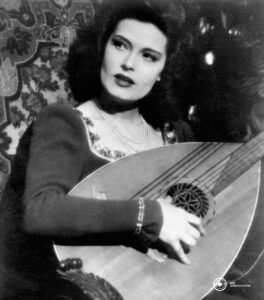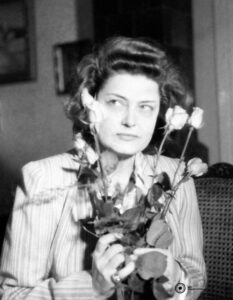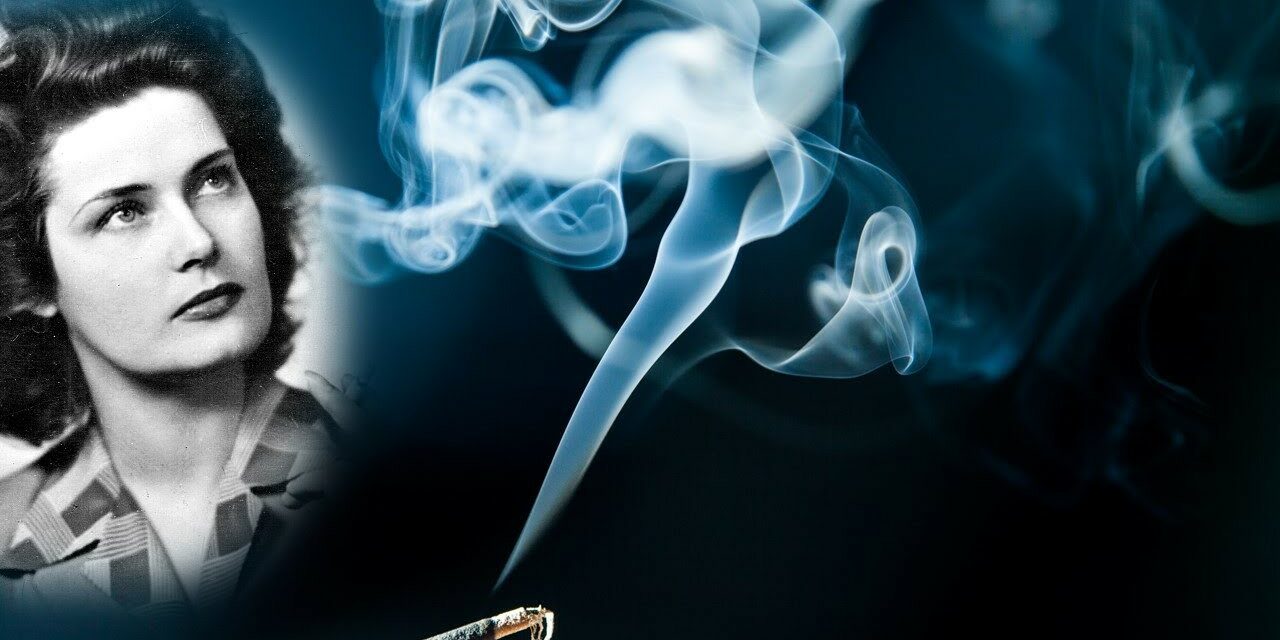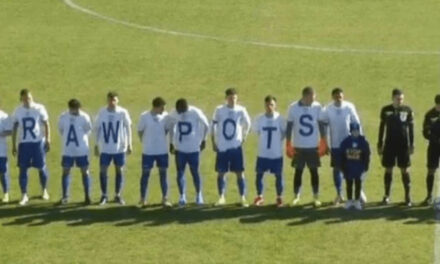On this day, 33 years ago, on February 7, 1990, Katalin Karády, one of the most popular actresses and singers of the thirties and forties, died. The character of Edit Ralben, played in the movie Deadly Spring, made him famous in one fell swoop. The audience became familiar with his name, he filmed more every year and became a real star.

Photo: National Photo Gallery
Katalin Karády was born as Katalin Kanczler on December 8, 1910 in a poor family of seven children in Köbány. As a child, he was able to spend a few months in Switzerland in 1921 and in the Netherlands in 1923 thanks to a charity campaign. From the family hell - her father was constantly beating her - she fled into marriage at the age of twenty, and three years later she was over the divorce.
Zoltán Egyed, a newspaper reporter, noticed the strangely beautiful girl, who was attracted to the theater, in a company, and told her: "I will make you an actress".
He gave her the stage name Karády, and he took her to Ilona Kálmánné Csathó Aczél, an artist at the National Theatre, who thought Katalin was so talented that she accepted her teaching for free.
Karády did not really feel comfortable on stage, the film was closer to him. He played in the Pest Theater from 1939, and in this year he filmed his first and perhaps most successful film, Deadly Spring. The character of the innocently corrupted Edit Ralben made her famous in one fell swoop, the song Ez lett a vesztünk also launched her career as a singer.
He hummed dozens of hits in his distinctive, deep voice (I hate the wild flower meadow, Somewhere in Russia, It's always that minute, This big love). The audience grew fond of his name, he shot more every year, and in 1942 alone, seven films were made with him. He was often the partner of Pál Jávor , including in Valamit visz a vízén, Éva Szováthy and Egy tál lénsé, which was an exceptional comedy.
He became a real star, women imitated his hairstyle and clothing, although they did not fail to comment on his angular shoulders and sluggish gait.
After the blonde, doll-like, chirping female ideal, Karády was a woman of decisive, attractive, radiating eroticism, her almost masculine deep voice had an unusual effect after the "whining".
Her private life was surrounded by many legends, including rumors that she was a "man eater." In reality, she had a passionate relationship with István Ujszászy, the head of intelligence. After the German occupation of Hungary on March 19, 1944, she was arrested by the Gestapo, and an unfounded rumor spread in the city that she was accused of espionage (perhaps because she played a female spy in the film Machita that was released at the time).
It is most likely that with Ujssászy and the governor's son, jr. He was detained because of his relationship with Miklós Horthy, and his influential friends were only able to free him after three months. Karády hid and rescued Jews during the Arrow's reign of terror, which is why in 2004 he was awarded the World's Right award posthumously.

Photo: National Photo Gallery
The actress was greatly affected by the fact that Ujszászy, who was arrested by the Gestapo and then detained by the Soviets, was lost when he was brought home in 1948 and handed over to the ÁVH. He no longer found his place in the new world, nor did the communist cultural policy concern the star of the "past regime".
He was called abroad several times, and on February 20, 1951, he left the country illegally with his housekeeper and his hat-making girlfriend, and his name was never heard at home after that.
After living in Switzerland and then in Brussels, Karády settled in Brazil in 1953 and moved to New York in 1968, where he opened a hat salon.
He lived in seclusion, only taking part in a few concerts organized by Hungarian artists, mainly in Canada. One or two audio recordings were made of him, but he did not even allow himself to be photographed, only in 1979, after much persuasion, he gave an exclusive interview to Pál Sándor. His cult revived at home at the end of the seventies, but he did not visit home, he wanted to remain young forever in people's memories. He died in New York on February 7, 1990. According to his will, he is buried in the Farkasrét cemetery.
In 2011, the Katalin Karády Museum Café was opened in Lövőház utca, in 2012, a stamp with her portrait was issued on World Theater Day.
Péter Bacsó's 2001 film Hamvadó's cigarette end revived the love between Karády and Ujszászy, as did László Pusztaszeri's parallel biography Karády és Ujszászy (2008), Ági Szalóki released a cover album of his songs. Since 2008, the foundation bearing his name has been researching and taking care of his oeuvre.
Source: MTI













